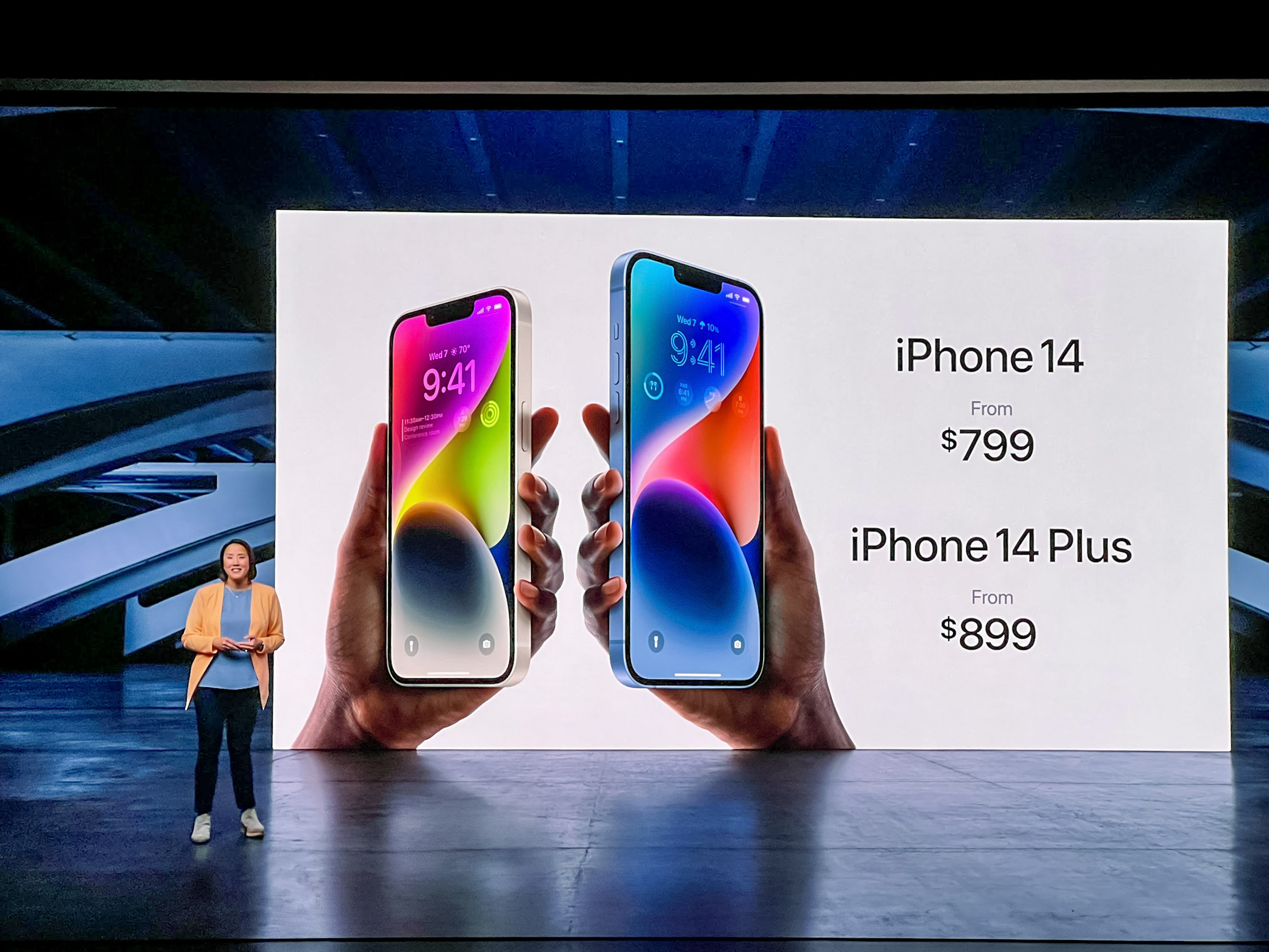Instead, last Thursday’s lawsuit was filed in the home of the Sopranos. Of boardwalk taffy. Of turnpike rest stops and late-night diners.
New Jersey.
That’s outside the norm, said Chris Sagers, a law professor at Cleveland State University with an extensive background in antitrust law.
“It is arguably a little unusual for the DOJ to file outside the DC federal district court, where the DOJ usually files,” Sagers told Technical.ly.
The US government’s case, which alleges Apple has created an illegal smartphone monopoly and is unfairly keeping users locked into its “walled garden” platform by diminishing the performance of competing products, was filed in conjunction with 16 state attorneys general.
Out of all of them, New Jersey Attorney General Mattew J. Platkin was tapped to lead the charge.
“Apple’s dominance in the smartphone market is not an accident,” Platkin said, announcing the suit. “With today’s lawsuit, we are standing up for consumers across the country and putting a stop to this monopolistic behavior.”
As it happens, Platkin has previously raised flags about Apple. In 2022, he wrote a letter to CEO Tim Cook urging better privacy protection around reproductive health information in the company’s App Store.
Sagers, the law professor, pointed out a possibly more salient factor for the choice: district courts in New Jersey fall under the jurisdiction of the US Court of Appeals for the Third Circuit. So if the case goes to court and is appealed — and Apple has vowed to fight the charges to the end, calling them “wrong on the facts and the law” — the Third Circuit will handle the decision.
Why does that matter? “The case law of the Third Circuit is relatively friendly to antitrust enforcement,” Sagers said, “and uncommonly friendly to monopolization cases.”
He pointed to two past cases as examples. In 2005, the Third Circuit ruled that dental supply company Dentsply had violated the Sherman Act, the country’s main antitrust law, for blocking competitors in denture sales. A decade or so later, the Third Circuit upheld Eaton Corp. v. ZF Meritor, ruling that a heavy-duty trucking transmission company did have a monopolization in its industry. These cases were different from the Apple lawsuit in that they were low tech, but the precedents could still apply.
Regardless of the strategy, the case is likely to take years to resolve. Apple is expected to file a motion to dismiss within the next two months.
When the US government previously sued tech giants for antitrust violations, it hasn’t chosen NJ.
DOJ charges in 2012 that Apple violated antitrust law by conspiring with publishers to elevate the price of ebooks were filed in New York. A lawsuit last year accusing Google of monopolizing digital ad tech was filed in Virginia. The 2020 antitrust case against Google for monopolistic search tactics was filed in DC, following in the footsteps of the 1998 case against Microsoft over its bundling of Internet Explorer into Windows.
The Justice Department sometimes files outside of DC because the case pertains to a particular region or city, Sagers said, to accommodate expert witnesses or user testimonies. But with the current Apple lawsuit, “the business and the relevant conduct are worldwide.”
So the choice was probably less about the geographic location and more about the circuit.
It’s only speculation, Sagers said, but “I’d guess that the DOJ thinks the law of the Third Circuit and the judges of the [District of New Jersey] are favorable to the case.”







